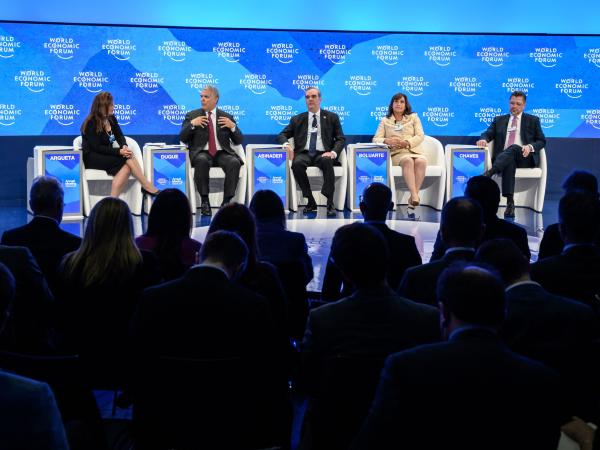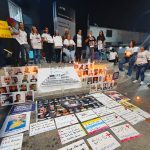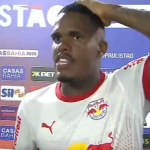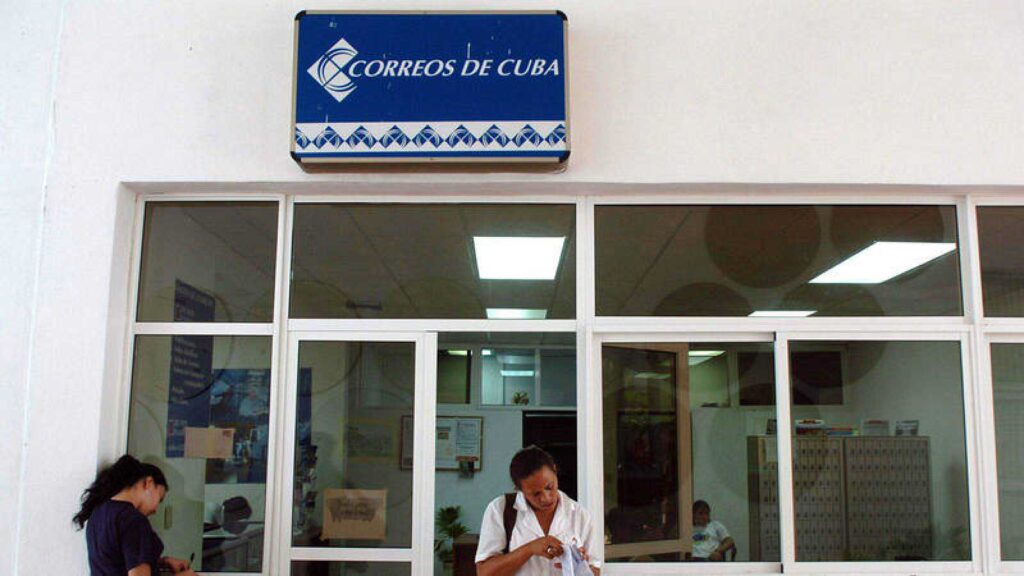With the presence of Colombia at the Davos Forum, of the World Economic Forum (WEF), the country seeks to attract more foreign investment in key areas of the government agenda such as climate change, biodivercities, tourism and migration.
This Tuesday, for this purpose, President Iván Duque advanced a series of bilateral meetings with heads of state and business leaders, as well as participation in discussion panels on the region.
(See: Mining companies would transfer more than 8 billion pesos to the new government).
Thus, the starting point was this forum on the future of Latin America after the covid-19, where Duque participated together with the presidents of the Dominican Republic Luis Abinader; of Costa Rica, Rodrigo Cháves and the Vice President of Peru and Minister of Development and Social Inclusion of Peru, Dina Boluarte.
“We need more pro-business governments in Latin America (…)”, said Iván Duque in his speech, in which he reviewed the fiscal initiatives that his Administration launched to contribute to companies and “detonate” the job; for which he also highlighted the 25% subsidy for the creation of youth employment.
In this multilateral space, the president took the opportunity to highlight the policy towards Venezuelan migrants and the delivery of temporary protection permits (PPT) which in the coming weeks will reach a million documents delivered.
“We must continue to persevere, as long as it takes, until Venezuela returns to democracy. Be supportive, be fraternal with the migrant, but be staunch defenders of democracy”, added the president.
(See: First quarter GDP brings optimism, but risks remain).
In a press release, the WEF itself highlighted that, despite the current cyclical challenges, such as rampant inflation in prices and food, as well as migration, “the leaders of the region remain confident that investing in their economies will continue to be attractive ”.
In this pane, Duque explained the task carried out by the country to reach carbon neutrality. “I believe that we are harmonizing this route, from Camino a Cero, with growth and equity”, he stated.
Subsequently, the Colombian president highlighted the bilateral meetings that he held separately with the Central American leaders in favor of trade.
“(With President Abindaner) we are advancing in the partial scope agreements to continue increasing trade between our two countries (…)Duke mentioned.
From the meeting with the Costa Rican president, the Colombian president stressed that he is “increased” cooperation on security issues, but “also opening trade and investment”.
Subsequently, the highest representative of the Colombian Government held meetings with the Prime Minister of Luxembourg to discuss capital and foreign investment issues; as well as the executive director to discuss housing policy issues.
He also held meetings with the vice president of the Swiss Confederation, Alain Berset; with the president of the International Federation of Associated Football (FIFA), Gianni Infantino and with the global director of the United Nations Development Program, Achim Steiner.
The president also met with directors of the firm Novator Partners, who are behind the operador Wom and participated in a panel that featured David Vélez, the Colombian founder of Nubank, and Marcelo Claure, the former CEO of SoftBank.
(See: How and why Colombia is a recentralized country).
BIODIVERSITIES
This Monday, the president Iván Duque had participated in the Biodivercities panel, in which he raised this concept, in which Colombia has advanced with specific cases such as those of the cities of Bogotá and Barranquilla, and which is a model to be replicated by other cities in the world.
For Duque, if a network of cities of this type is achieved, “then we will be really aligning these concepts to be able to protect nature and to be able to reduce carbon footprints”.
And also, the president spoke at a panel on solutions for large citiesbased on nature, in the company of Prince Albert, of Monaco, and international experts on biodiversity and urban problems.
Duque emphasized that Colombia is today a leader in energy transition, thanks to the fact that it is “a country with a hundred times more wind and solar energy than there was four years ago”, and it is also a leader in circular economy, protected areas, and with “the largest maritime protected area”.
Also on Monday, the Colombian head of state had 18 meetings with investors and businessmen.
“We were talking with the heads of important financial groups in the world, who see Colombia as a leading country in terms of green financing policies, green bonds, and that there is great interest in continuing to support Colombia in these initiatives.”, he pointed out in this regard, according to the official press.
(See: Exemptions, income and VAT: points to review for a new tax).
WHAT’S NEXT ON THE AGENDA?
This Wednesday the third day of the world business event will take place, which will have several notable events, on the future of some of the current situations.
Thus the case, panels will be developed on the future of the construction of sustainable supply chains; the future of inflation; the decarbonization of aviation; the financing of biodiversity; the future of globalization, global growth, among others.
The event ends this coming Thursday 26.
ECOPETROL, FOCUSED ON KEY PARTNERSHIPS
Colombian oil company Ecopetrol who was also present at the world event, where, among other topics, they referred to the fact that the future of energy forms part of the day-to-day agenda.
This Tuesday, the president of the company, Felipe Bayón, participated in a forum on the protection of critical infrastructure of countries, in which business leaders from the US and Israel participated.
It is important to note that the Colombian oil company announced this Monday a great alliance to develop hydrogen projects.
BRIEFCASE
















